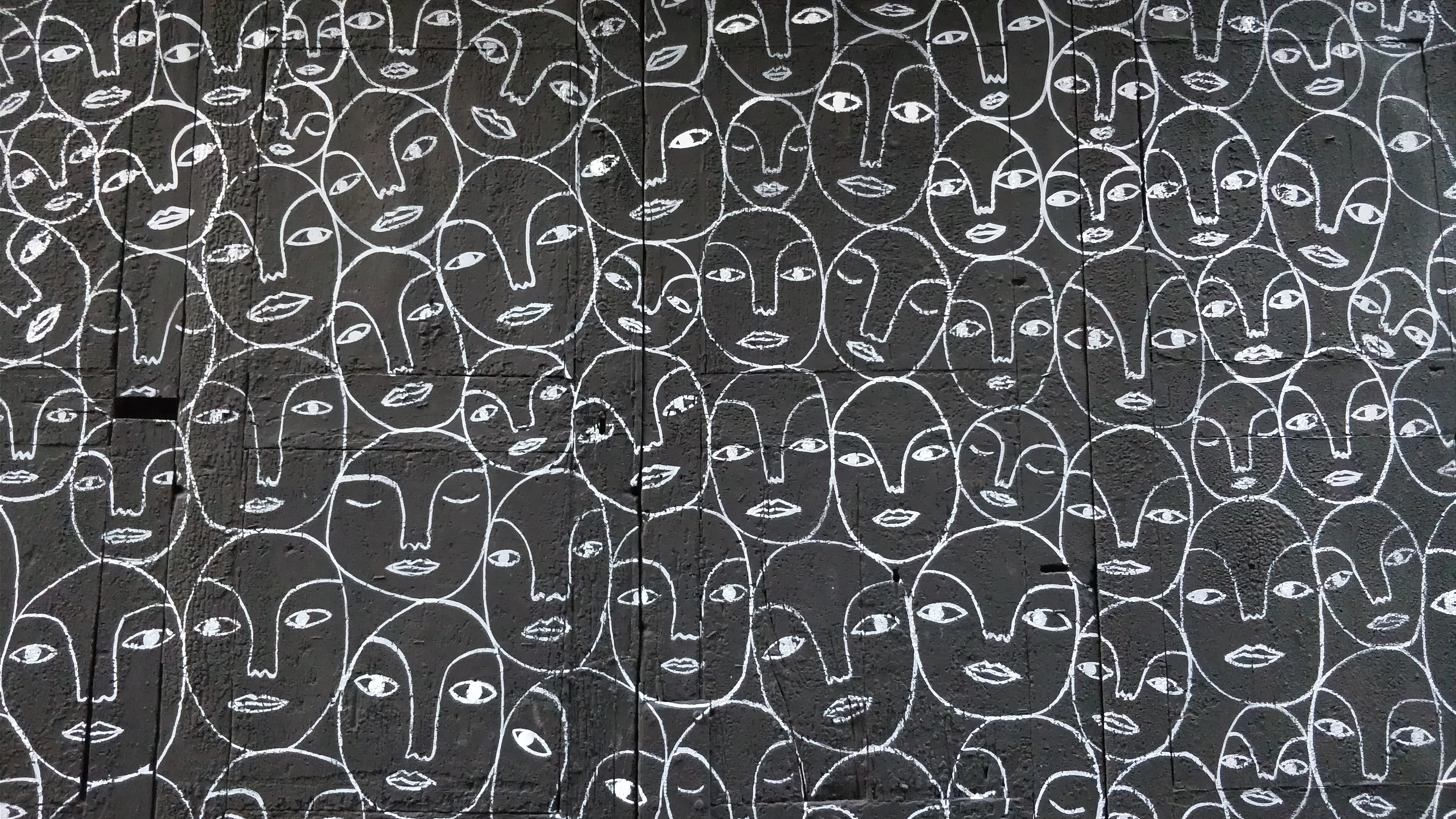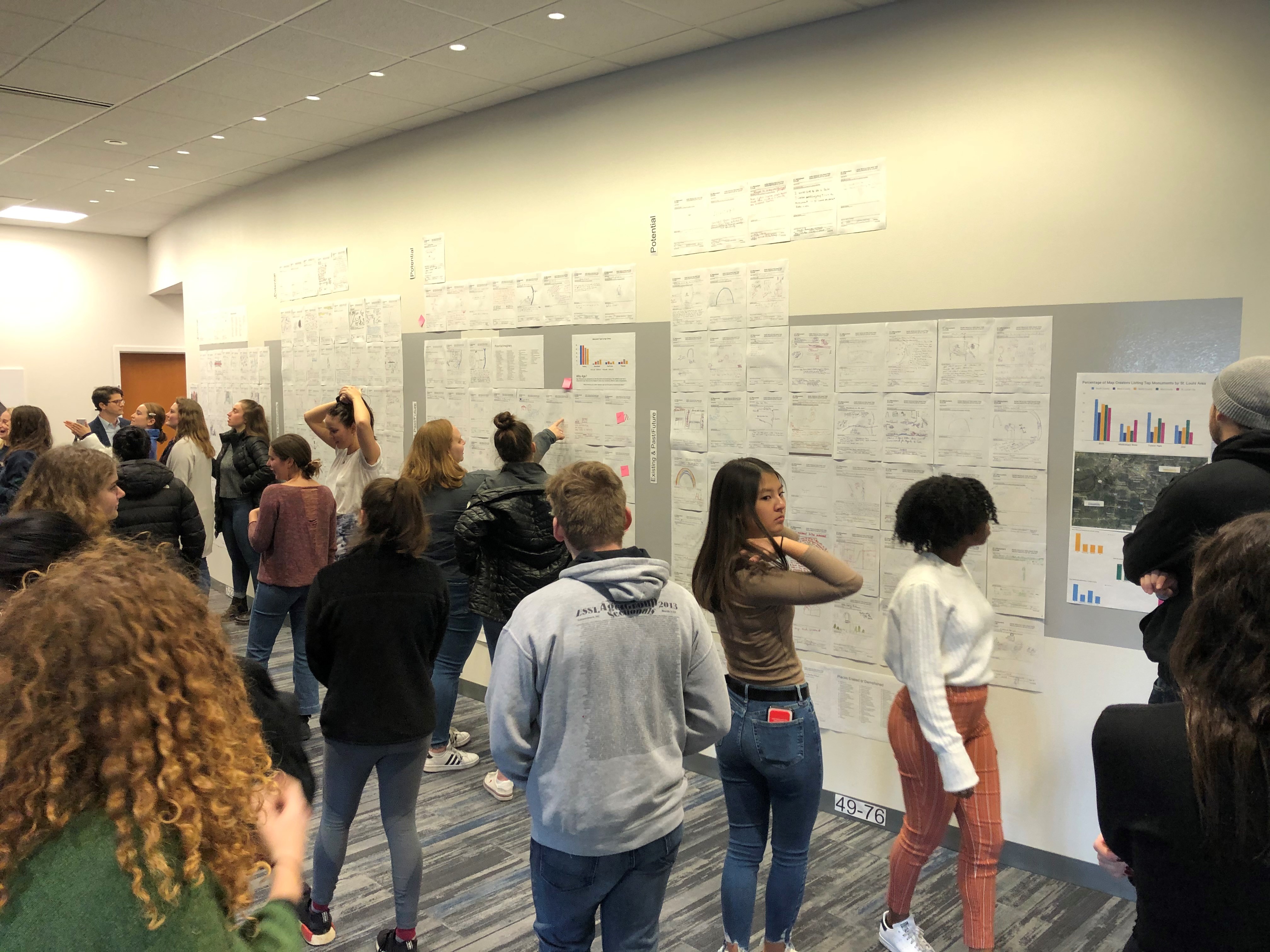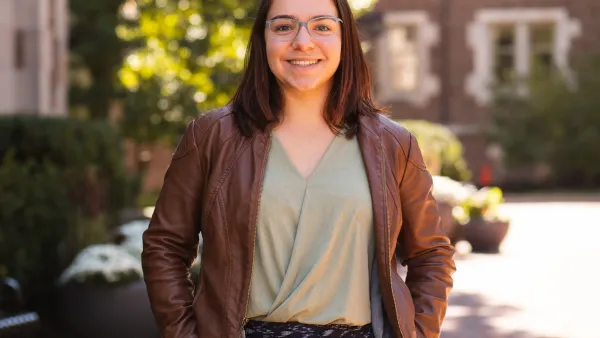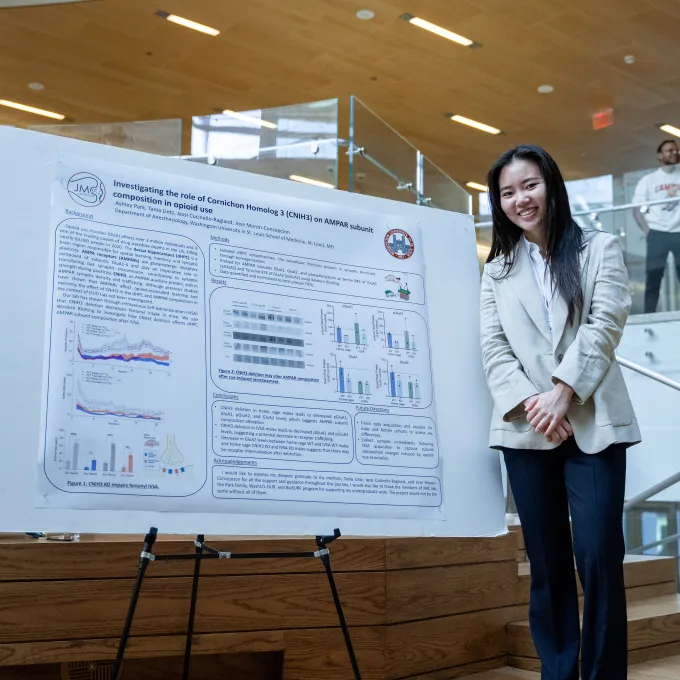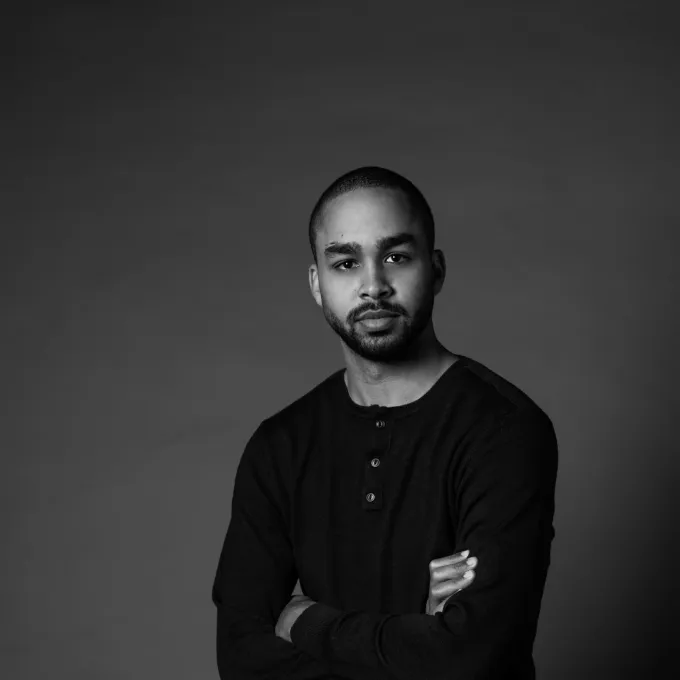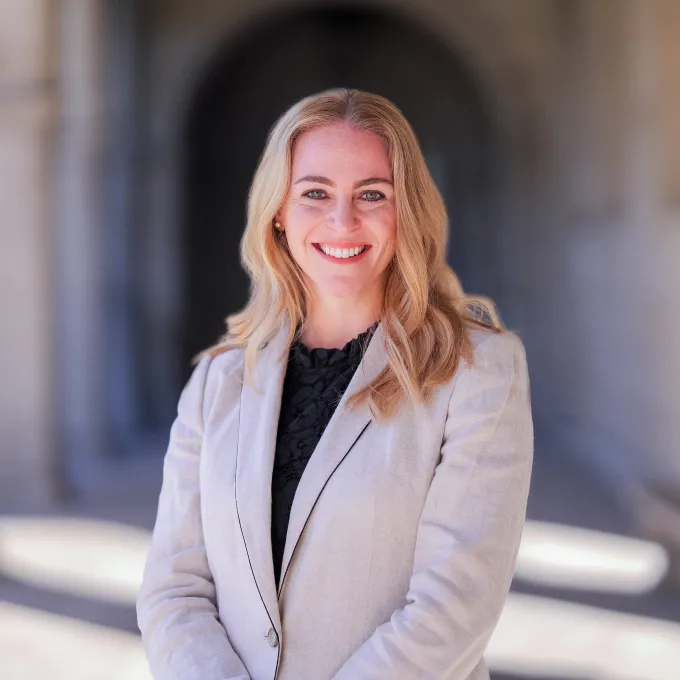Sociology at Washington University strives to understand the origins and reproduction of social inequality and apply that knowledge to address issues of pressing public concern. As a new and growing department, we adopt an approach rooted in the work of W.E.B. Du Bois, focused on undertaking rigorous empirical research to identify and suggest solutions to social problems. Our faculty and students engage core questions through diverse cutting-edge methodological approaches, from interview-based and historical analyses to large-scale quantitative experimental designs. Our location in St. Louis provides an ideal vantage to engage the complex interplay of inequity and policy, along with the vibrant social movements that have emerged to address entrenched injustices in the city and region.
Our faculty occupy positions of leadership both in the discipline and within associations and networks at the forefront of social change efforts. We invite you to explore their research programs, the attention their work has garnered in media and policy circles, the many exciting courses that they have to offer, and the focus of our newly-inaugurated graduate program.
